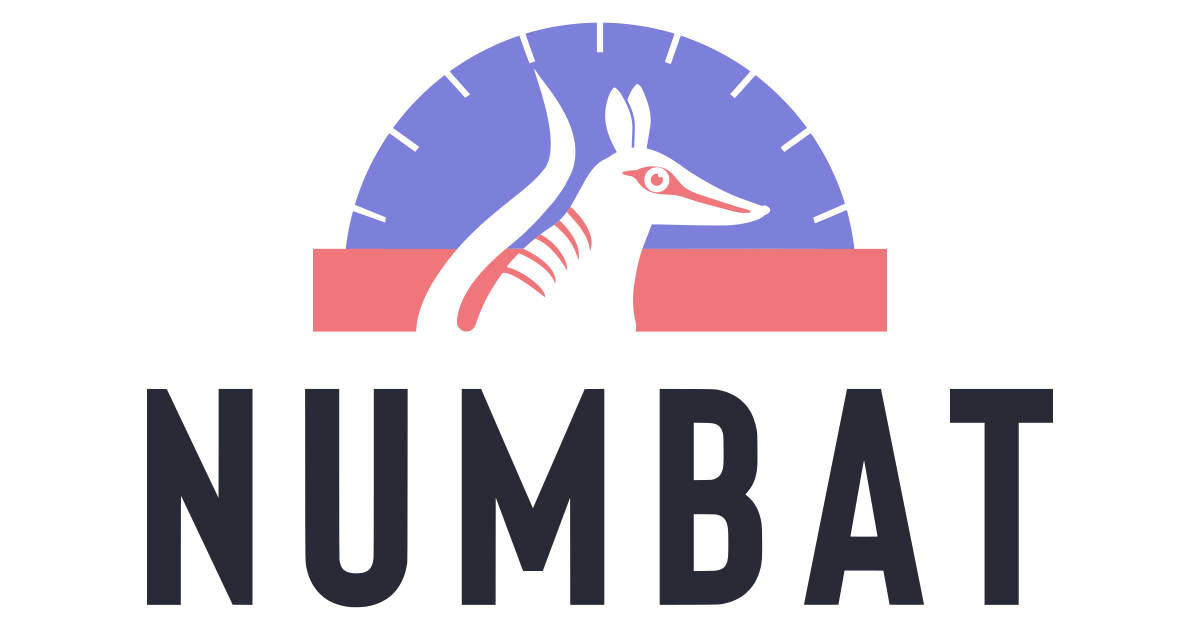bugsmith
- 17 Posts
- 34 Comments
I really like Nushell. I would not run it as a daily driver currently, as it mostly doesn’t win me over from Fish, feature-wise, but I love having it available for anything CLI date pipeline work I need to do.
Love this. Always interesting to see novel ways of querying data in the terminal, and I agree that jq’s syntax is difficult to remember.
I actually prefer nu(shell) for this though. On the lobste.rs thread for this blog, a user shared this:
| get license.key -i | uniq --count | rename license This outputs the following: ╭───┬──────────────┬───────╮ │ # │ license │ count │ ├───┼──────────────┼───────┤ │ 0 │ bsd-3-clause │ 23 │ │ 1 │ apache-2.0 │ 5 │ │ 2 │ │ 2 │ ╰───┴──────────────┴───────╯
Thanks. I didn’t know about these advanced libraries, and had not heard of C++ modules either. Appreciate the explanation.
I don’t code in C++ (although I’m somewhat familiar with the syntax). My understanding is the header files should only contain prototypes / signatures, not actual implementations. But that doesn’t seem to be the case here. Have I misunderstood, or is that part of the joke?
Okay, that makes sense. Cheers.
Are you self-hosting Mistral for this bot, and if so, do you have any insight on the cost of running that bot vs the ChatGPT one? (the latter of which I assume you have capped the max billing of, or I certainly hope so, at least)

 2·9 months ago
2·9 months agoYes, I don’t know how I forgot to mention that Iceshrimp and Sharkey both have Mastodon compatible APIs - so all the same apps work (mostly).

 8·9 months ago
8·9 months agoBased on your requirements, I would suggest looking at one of the Firefish / CalcKey forks. They are ideal for single user or small instances and they support s3 compatible object storage out of the box.
I would recommend looking at Sharkey or Iceshrimp. Both are under very active development and have very responsive developers if you need support.
If you would like to check out an example, Ruud (of mastodon.world and lemmy.world) set up an instance of Sharkey at (you guessed it) sharkey.world.
Another vote here for Fastmail. I also like Posteo, Mailbox and mxroute, but these are not as fully featured - which may be perfect for you if you’re after email only. What I really like about Fastmail is that on top of being a customer-focused business (rather than a customer is the product business), they offer a really snappy web interface with excellent search - and they are extremely compliant with email standards, building everything on JMAP.
I do not like Proton or Tutanota. I have used both, including using Proton as my main email account for the past two years. I do believe they are probably the best when it comes to encryption and privacy standards, but for me it’s at far too much cost. Encrypted email is almost pointless - the moment you email someone who isn’t using a Proton (or PGP encryption), then the encryption is lost. Or even if they just forward an email to someone outside your chain. I would argue that if you need to send a message to someone with enough sensitivity to require this level of encryption, email is the wrong choice of protocol.
For all that Proton offer, it results in broken email standard compliance, awful search capability and reliance on bridge software or being limited to their WebUI and apps. And it’s a shame, because I really like the company and their mission.
Honestly, for any large scale project in Python, Pydantic makes it bearable. We use Python heavily at work (and I’d argue we shouldn’t be for the projects we’re working on…), and Pydantic is the one library we’re using that I wouldn’t be without. Precisely because it allows us to inject some of these static typing concepts and keeps us honest, and our code understandable.
Yes! The concepts are intertwined. I think the key take away, for me, is to lean heavily into your type system and allow that to do some of the heavy lifting. Accept that something like a
usernameis not a string, but a subtype of a string (this has to be true if any validation is required, otherwise you’d just accept any valid string).
It’s one of my favourites. Something I revisit every couple of years.
Goodness, what a choice to make. They are both excellent, and you should of course read both. Personally, I would start with Hyperion.

 1·9 months ago
1·9 months agoThat one has been on my list for a while. Are you finding yourself able to easily apply what is taught to your day-to-day?

 3·9 months ago
3·9 months agoDifferent strokes for different folks, I guess. I enjoyed Heroes for what it was.
I agree that Sonic Battle was one of, if not the best entries for character building. And SB is, in fact, my all-time favourite Sonic game. Breaks me that I may never see a sequel / reboot, and get to relive Emerl’s story.

 3·9 months ago
3·9 months agoI’d honestly be happier with no guns. Not sure if that was their greatest move, in their effort to make him ‘edgier’. He was perfect in SA2 and Sonic Heroes.

 4·9 months ago
4·9 months agoI am very excited for this. One part of my childhood that I’ve never been able to let go of is my total fanboy-ism of Shadow.

 8·9 months ago
8·9 months agoI have read a few of these books. As for non-fiction:
Pragmatic Programmer Excellent book; should be compulsory reading for all software developers.
The Phoenix Project Enjoyable enough. It’s a fictional story and has some extremely role-cast, trope filled characters. But its purpose is not to be a great novel. Its purpose is to teach the history of and purpose of how dev-ops came about. I think it’s worth reading. I’m yet to try the Unicorn Project which I understand is actually more about software.
Eloquent JavaScript I am not a huge fan of working with JavaScript or front end, but I did read this when I got placed on a long term project where I would be using it for the duration. I found this book excellent, and my JavaScript certainly benefitted from it.
I also read a bunch of the fictional books. Bobiverse is one of my favourite series ever, despite the weirdness of the fourth book (it was still good). I’m just over halfway through Children of Time, and seriously regret not picking it up sooner. Well kind of, if I had I suppose I wouldn’t be enjoying it so much now!

 4·9 months ago
4·9 months agoI believe the lower cable connects the two boards. The upper cable is for connecting to your device, so would only be connect to one of the boards when in use.













Totally agree. Like most “rules”, it just needs treating with nuance and context.